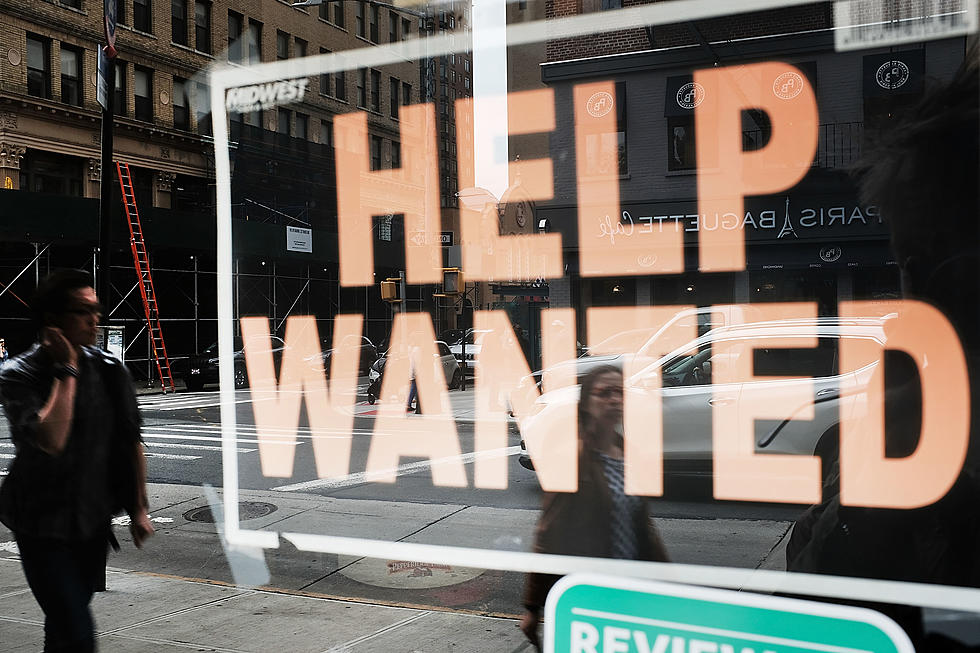![Trucker Shortage Could Cost You More At The Mall [AUDIO]](http://townsquare.media/site/385/files/2012/06/trucker.jpg?w=980&q=75)
Trucker Shortage Could Cost You More At The Mall [AUDIO]
As the economy improves, there's a growing shortage of truck drivers in New Jersey and across the country.
Sean McNally a spokesman for the American Trucking Association, says as economic conditions continue to slowly improve, "We see there are more trucks on the road, and if you put more trucks on the road you need to hire more drivers…After bottoming out in the depths of the recession, more things are being shipped. So more trucks are on the road, and more drivers are needed…And there's also an element of companies competing for drivers- competing for the best, safest drivers."
He says, "If you want to become a truck driver you are required to get a commercial drivers license. There's federal standards and guidelines for how driving schools train drivers. We want folks to know the rules of the road, we want them to be comfortable with handling these large vehicles because it's not like driving a car."
McNally points out in July of 2013 the Federal Motor Carrier Safety Administration, which is the federal Agency that regulates trucking, has finalized new rules that are referred to as "hours of service" that limits drivers how many hours they can drive in a day and how many hours they can work in a day - or consecutively, number of days in a week, etc.
He says, "There are some changes as to how drivers are classified. There's some changes as to how they can use provisions that allow them to reset their weekly hour allotment - and it should be noted that the American Trucking Association as well as some other interest groups have both challenged these rules in court. So it's not all clear or likely the rules that have been published have gone into effect."
He adds the driver shortage "is making shippers, the companies that produce and ship things, it's making them work harder to find transportation services in the trucking industry. So that could lead to increased cost, that could lead to some delays in the supply chain, but really what the driver shortage means is ultimately there is going to be added cost in the transportation of goods…And you know ultimately those costs do get passed along from carrier to shipper and presumably to the consumer at the store."
McNally says, "We expect to see the turnover continue to rise, we expect to see the shortage continue to be an issue…Trucking moves in excess of 68 percent of all the goods consumed in this country…Trucks are on the road, they're delivering America's essential goods and we're gonna need more drivers to do that."
More From New Jersey 101.5 FM









